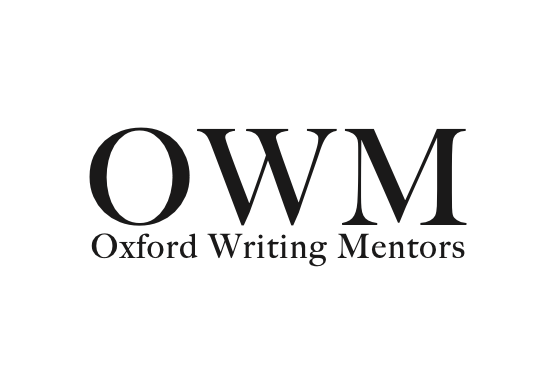Competition Winner
In 2022 we ran a competition to win a free place on our December course in Oxford. Here we reproduce the winner’s entry.
Michael Cheng is a doctoral student in artificial intelligence at Magdalen College, Oxford. He is from Philadelphia, Pennsylvania. He is a Rhodes Scholar and Scholastic Writing Awards Gold Medalist. This piece is an extract of a draft personal memoir he began writing in 2022.
I was never meant to be a Harvard rower.
Clumsy and chubby as a child, I was the Asian kid picked last in gym class, the wanderer who never quite fit inside anyone's expectations. My high school classmates would laugh at the prospect of me becoming a varsity athlete. I left for Harvard College, but struggled for acceptance in an elitist culture and almost transferred out.
Everything changed in August 2020, when I returned for my online junior year. In a stroke of fate, I discovered rowing at the virtual activities fair, where I was randomly sorted into a booth with men’s lightweight rowing coach Ian Accomando. Ian informed me that the freshman walk-on rowing program would continue in-person, even though all classes were online. I decided to join, even though I didn’t know how to swim. Swim lessons were cancelled, so I resorted to YouTube videos to teach myself breaststroke.
I spent the rest of college majoring in rowing. Every day, Ian provided individualized instruction. He demonstrated boundless kindness as I messed up basic stroke sequencing, rowed through the wrong bridges, and flipped boats in the Charles River.
Amid a maze of shifting pandemic restrictions, rowing was an anchor of hope. It was a chance to strive for something impossible, to aim for unimaginable fitness standards and timeless competitions like “Eastern Sprints” and “Henley” that filled rowers’ lore. I did everything I could to develop, from hours a day of additional erging and running, to tracking my nutritional intake on a spreadsheet, to waking up at 4:07am daily in Summer 2021 for extra practice at a Cambridge rowing club. I lived for the rare moments where the boat seamlessly sang through the water.
It was not the case that rowing was perfect. There was a man who emphasized my lack of natural athleticism by telling me that I could always beat him on a physics test but he could always outrow me, even though I had never taken a college physics class.
But what mattered was that we strived for the unimaginable: a stroke without friction, a world without prejudice.
Although rowing is brutally hierarchical, I had a team who accepted me for who I am, even though I never attended private school. We dreamed big dreams and spent hours shooting the breeze. I received a level of support that I never imagined I could find, during a historic pandemic, inside a 122-year old boathouse, through a sport tinged with tradition and exclusivity.
Not everything old is bad, and not everything new is good.
No matter how much you prize perfection, you will never reach it. My rowing stroke is far from perfect, or even decent. But it is the promise of the impossible—not the recognizable and achievable—that releases the human spirit.
By striving for impossible principles and ideals, standards that you can never meet, you escape the passions and prejudices of our day. You live through the spirit of possibility.
You smile, you laugh, you dream.
